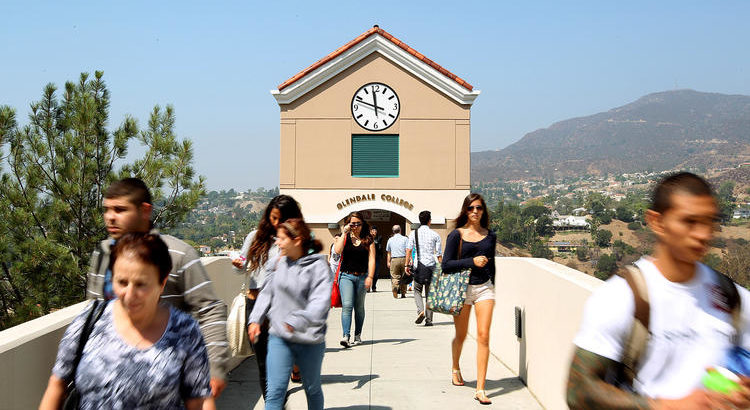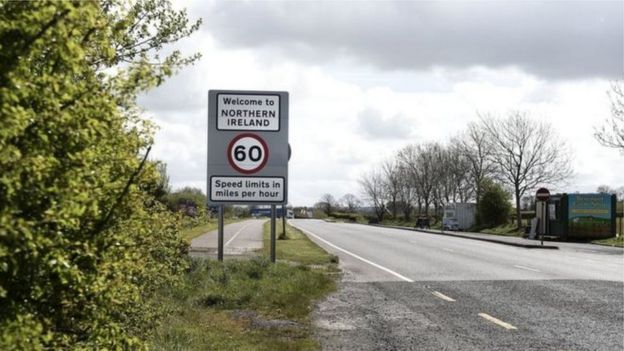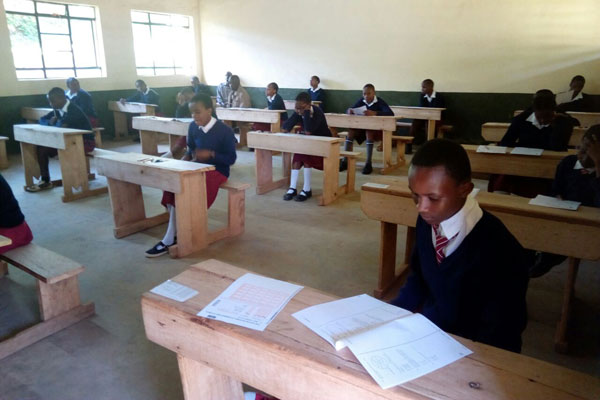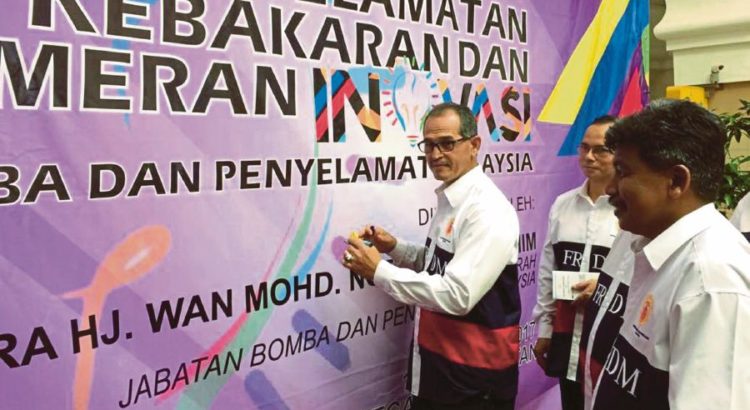Kenia / 01 de noviembre de 2017 / Fuente: http://www.nation.co.ke/
Security has been heightened in terror prone Lamu and Tana River counties as Standard Eight candidates started their national exams.
Coast regional police boss Larry Kieng said security had been heightened in terror prone areas of Lamu and Tana River to counter Al-Shabaab attacks.
Mr Kieng said enough officers had been deployed to schools in Lamu that were affected by Al-Shabaab attacks.
“The security of our children and that of our schools is guaranteed. We will not take any chances in this critical time for our children,” he said.
He said adequate security had also been deployed in Mombasa, Kilifi, Kwale and Taita Taveta.
The Standard Eight candidates started their English exams at 8 am in most schools.
Distribution of Kenya Certificate of Primary Education examination materials in the six coast counties continued smoothly ahead of the exams.
Education officials and county commissioners ensured the distribution of the materials to various schools.
In Lamu, the county education officials led by county director William Micheni denied journalists access to examination centres.
Mr Micheni said he was representing his boss, Cabinet Secretary Fred Matiang’I who had asked that the journalists access as they are “propagandists.”
He directed security guards to kick out journalists from Lamu Boys Primary School terming them ‘intruders.’
In the Coast region where 84,088 candidates are expected to sit for the exams, regional education director Abdikadir Kike County Commissioner Achoki witnessed the distribution of the papers at Kisauni
In Kilifi, head teachers picked the materials from the county commissioner’s office.
Candidates were frisked to ensure they did not have materials that could be used to cheat.
In Tana River, 14 KCPE candidates from Koticha Primary School were asked to sit for their exams in Hola, more than 50 kilometres away.
Speaking to the Nation, Wayu MCA Saddam Hussein said the move by the Kenya National Examination Council was unreasonable and would affect the pupils’ performance in the exams.
“Why would KNEC suddenly advice pupils to travel over 50kms from Wayu to go and take their exams yet there is just an examination centre just 5kms from Koticha Primary school?” he posed.
Mr Hussein said KNEC ought to have consulted with stakeholders on ground.
His sentiments were echoed by Koticha Primary School chairman Ali Jara who accused KNEC of “plans to make Koticha Primary school fail, hence tainting its image of good performance.”
Mr Jara said it was unfortunate for KNEC to have arrived at such a decision without considering stakeholders on ground and other factors that would affect exams performance.
“KNEC should have alerted parents early in advance so that these pupils can be prepared for such moment, and besides, there is an exam centre 5kms from Koticha Primary. They should have transferred these pupils to Wayu primary School. Why Hola? ”he posed.
Mr Jara said this decision would affect the pupils psychologically as they have to adapt to the environment to settle for the exams. He also said he was worried as the plans by KNEC had not outlined how the pupils would be catered for in terms of food and accomodation.
However Tana River Director of Education Gitonga Mbaka confirmed that they had raised the matter with KNEC officials who had apologized for having made such an oversight.
Mr Mbaka in a text told the Nation said: “KNEC made a mistake and delivered the exams to the wrong centre. We have raised the matter and they have promised to rectify the issue next year.”
Concerning the pupils’ upkeep, Mr Mbaka told the Nation that he had liaised with the county commissioner to address the issue.
He confirmed that the pupils have since arrived in Hola for the exams.
The candidates were relocated because they were few.
According to KNEC a school has to have at least 11 candidates to be registered as an examinatiuon centre.
However, Mr Mbaka said it was wrong that Koticha was not registered yet it was 14 and that the issue will be
KCPE candidates in terror-prone Basuba ward and Pandanguo in Lamu County were moved to safer areas to sit for their exams.
Nine candidates from the Boni minority community in Basuba, Lamu East were moved to Mokowe Arid Zone Primary School.
The Mokowe Arid Zone was established in 1992 to give refuge and education to children from the Boni and Sanye minority communities.
All schools in Basuba ward including Basuba, Milimani, Mangai, Mararani and Kiangwe have remained closed for more than two years due to insecurity caused by al-shabaab attacks.
KCPE candidates from the ward have not set foot in class for the entire year.
The young girls and boys will now sit their exams at the Mokowe Arid Zone Primary School which is a full boarding institution, well furnished with all the necessary requirements for learners.
The school is also under 24-hour security surveillance by police.
Mokowe Arid Zone Primary School headteacher Zbubakar Ruhuma said there were concerns on how the pupils would perform.
“We received a total of 141 pupils from the Boni Community living in Boni forest. Out of that, nine are among the 42 KCPE candidates to sit for the exams in this school as from Tuesday. They couldn’t sit the exams in their schools since they haven’t opened for the last two years due to insecurity. They have faced so many challenges but we are praying for them to do better. Here, the pupils are safer and the environment is peaceful,” said Mr Ruhuma.
At Pandanguo Primary School in Lamu West, 19 KCPE candidates will now sit their exams at the Witu Primary School after their school remained shut since July due to insecurity.
The school whose pupils are also majorly children from the Boni minority community remained closed since July 4 this year owing to constant attacks and raids by Al-Shabaab.
Majority of the KCPE candidates have been living in IDP camps with their parents who fled their villages in Pandanguo due to Al-Shabaab attacks that left several people dead including four police officers at the Pandanguo police station which was raided by the militants on July 4.
Parents are concerned that their children will not do well as they would have if they had been in school throughout.
“Most of our children who are sitting for this year’s KCPE have been living with us in IDP camps at Katsaka Kairu and at Witu AIC since July this year. They haven’t been in school since then because the teachers also ran away leaving the school deserted and closed. We are glad they have been moved and will do their exams elsewhere but we know that will not make any difference since they lost so much,” said Mr Adan Golja who is the Pandanguo village headman.
Pandanguo Primary School headteacher Hussein Athman said each year, candidates at the school have to be moved to Witu Primary School which is about 21 kilometres from Pandanguo as their exam centre due to unpredictable security situation in the area.
“I have 19 candidates from Pandanguo Primary School whom we have had to transfer them to Witu Primary School where they will be doing their exams from there. Our school is currently closed and we did all preparations at Witu. I am praying that they will do better in the forthcoming KCPE exams,” said Mr Athman.
Meanwhile, all is set for KCPE exams across Lamu with County Commissioner Gilbert Kitiyo assuring all schools of adequate security measures to ensure the exams progress smoothly.
He said schools in Ishakani and Kiunga border of Lamu and Somalia and those bordering the Boni forest will also be provided with adequate security to ensure no external attacks and interruptions from the Al-Shabaab militants.
“We have ensured all schools will be closely guarded by police. It’s not like we expect anything to happen during the exams but we are just taking precaution. All schools are under police surveillance. We have made similar arrangements for students in terror prone areas and so there is no cause for alarm,” said Mr Kitiyo.
Fuente noticia: http://www.nation.co.ke/news/education/Security-increased-as-KCPE-exams-start-/2643604-4163066-49c4ahz/index.html
















 Users Today : 143
Users Today : 143 Total Users : 35404621
Total Users : 35404621 Views Today : 168
Views Today : 168 Total views : 3334208
Total views : 3334208